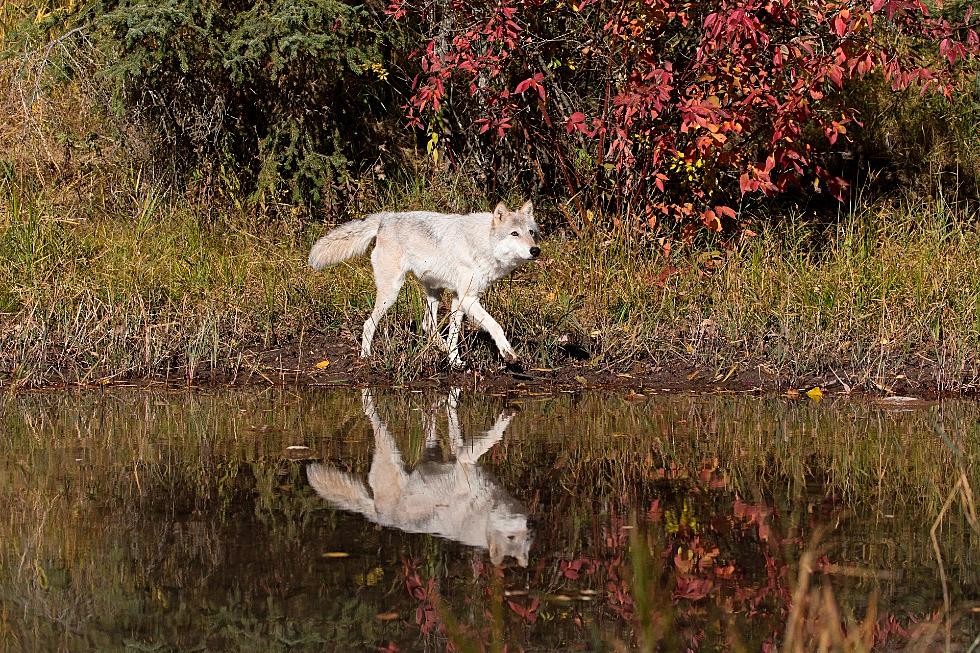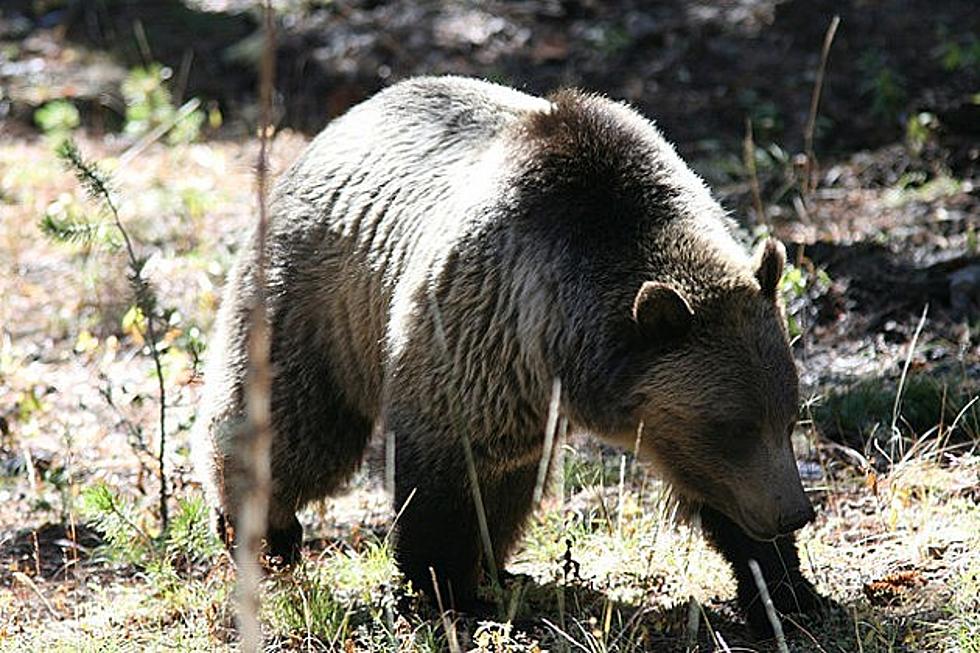
UW Legal Analysis Proposes Alternative to Reforming Endangered Species Act
A new research brief from the University of Wyoming Haub School of Environment and Natural Resources proposes a solution to many state’s frustration at their diminished role in species management, according to a UW news release.
The paper suggested that the U.S. Fish and Wildlife Service can revise regulations in the 1973 Endangered Species Act to give states a larger role in species management. The paper was written by Temple Stoellinger, Haub School assistant professor and co-director for the Center for Law and Energy Resources in the Rockies. It was recently published in the University of California-Berkeley School of Law’s Ecology Law Quarterly.
The research brief takes a look at the legislative history of the act, and says that a long-forgotten section of the act, section 6(g)(2), stipulates that states could enter into agreement with the federal government outlining their conservation plans and maintain management authority over threatened and endangered species in their borders. This section would mean states could gain a larger role in species management without having to reform the act.
“Congress intended that states with approved conservation programs that entered into cooperative agreements with the services would oversee the protection of threatened and listed species within [their] boundaries,” Stoellinger writes.
Wyoming is among many states who harbor frustrations at their decreasing role in species management. Wyoming has seen a number of controversial discussions about species like the gray wolf and the greater sage grouse.
U.S. Senator John Barrasso recently proposed legislation to amend the Endangered Species Act to give states a greater role in listed species management. Gov. Matt Mead testified before the Senate on the proposed changes to the Endangered Species Act on Tuesday, July 17. Gov. Mead also also launched an ongoing initiative with the bipartisan Western Governors’ Association partly to promote the role of states in species conservation.
But according to Stoellinger’s study, the act may not need to be changed at all and its original intent would address many frustrations facing states today.
More From K2 Radio









